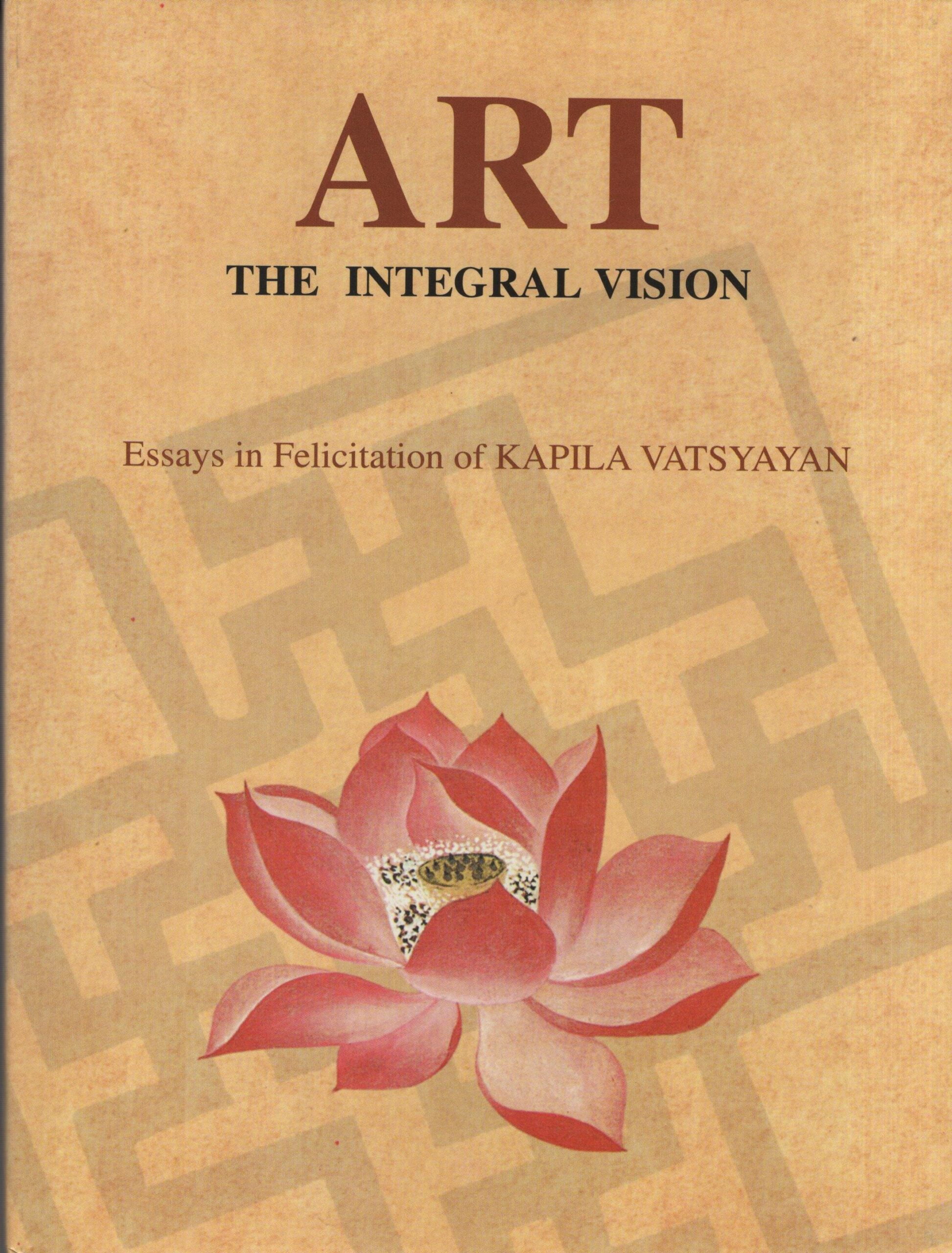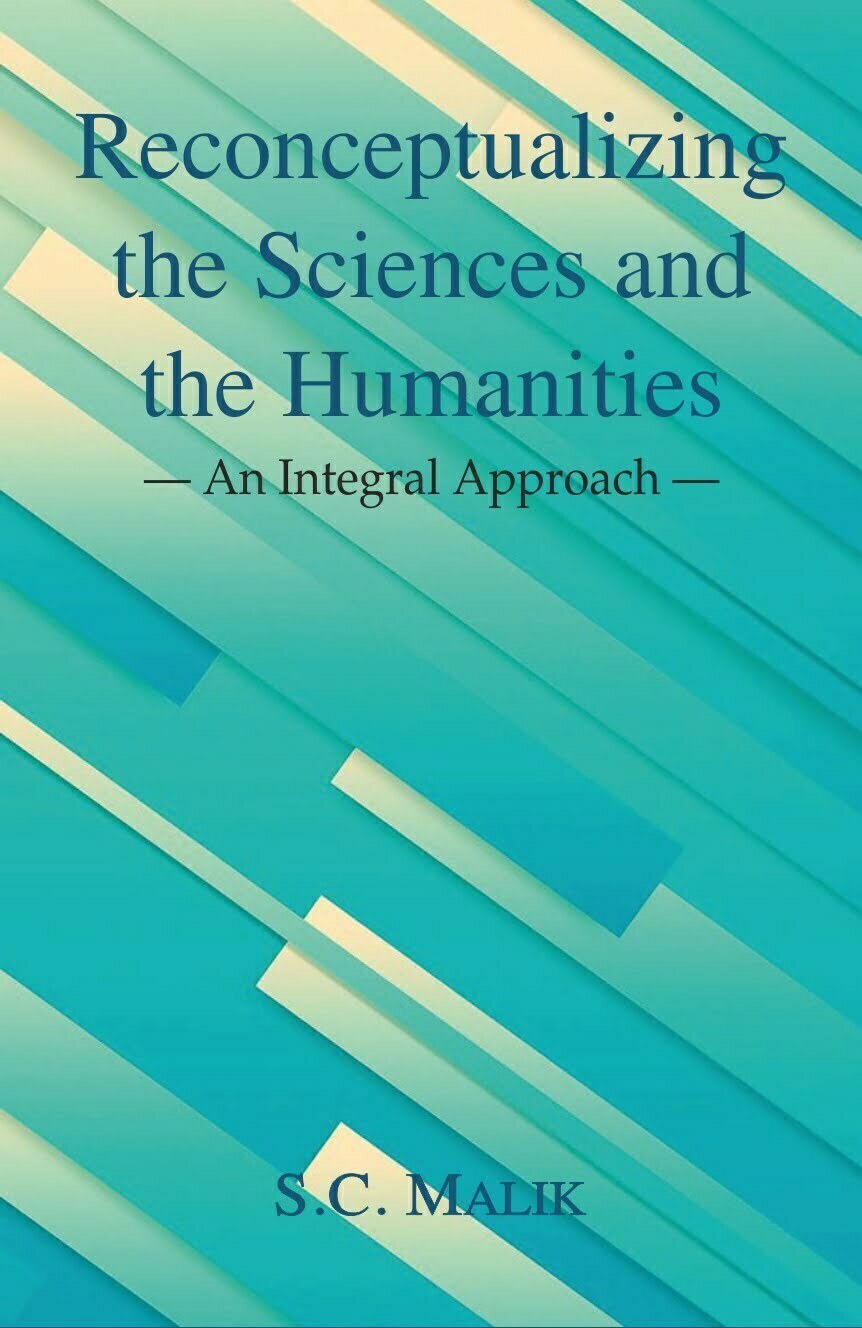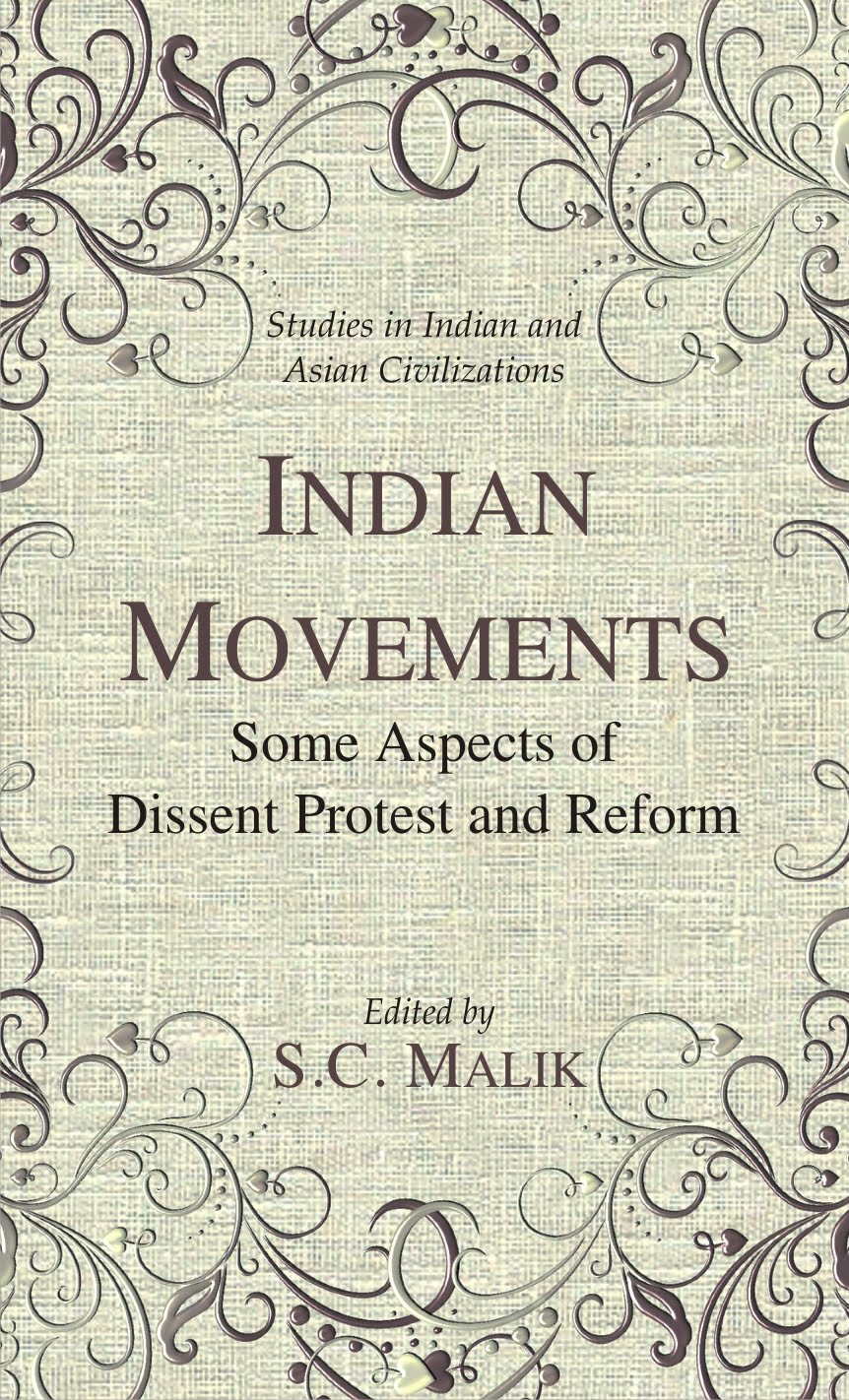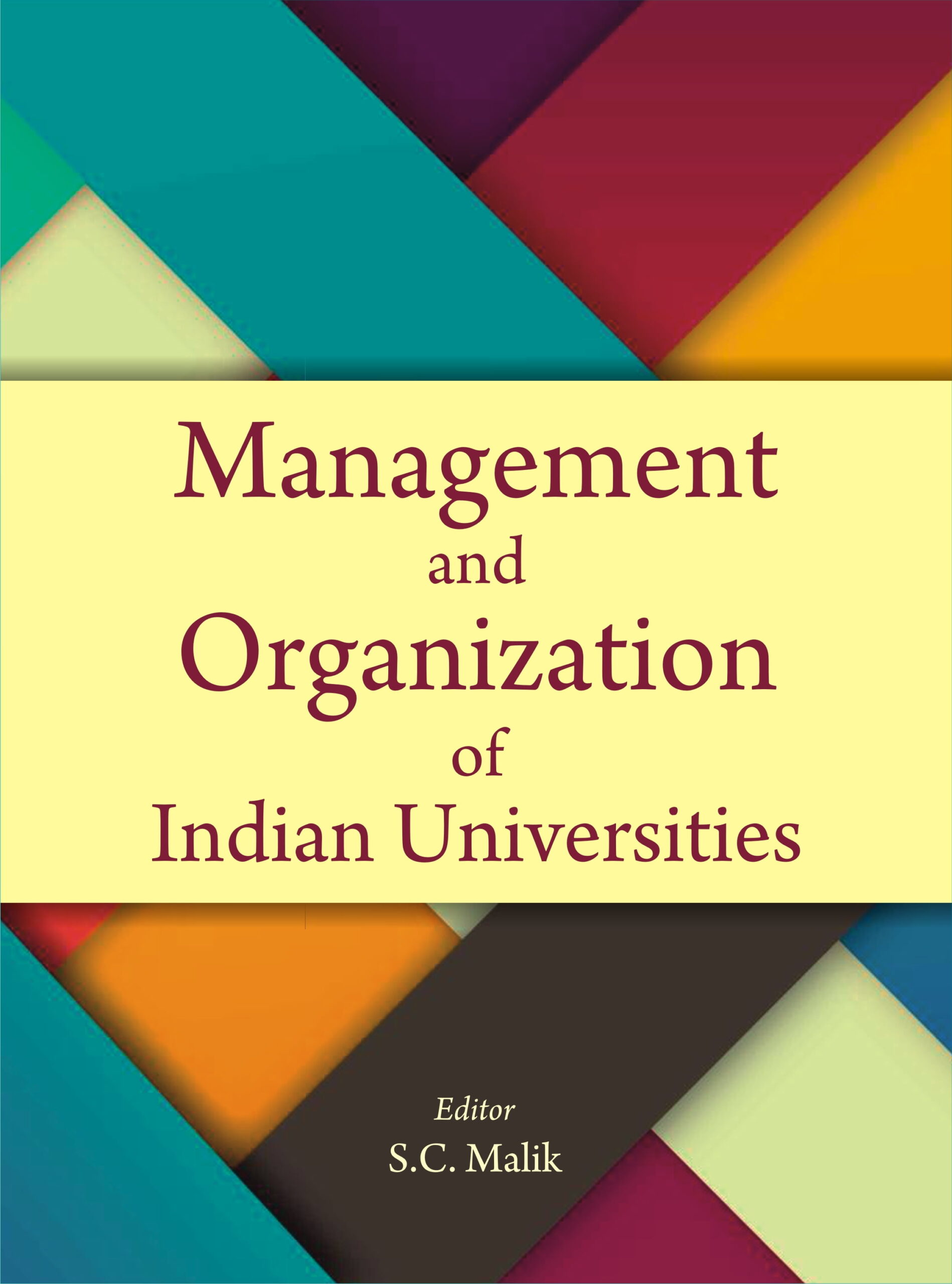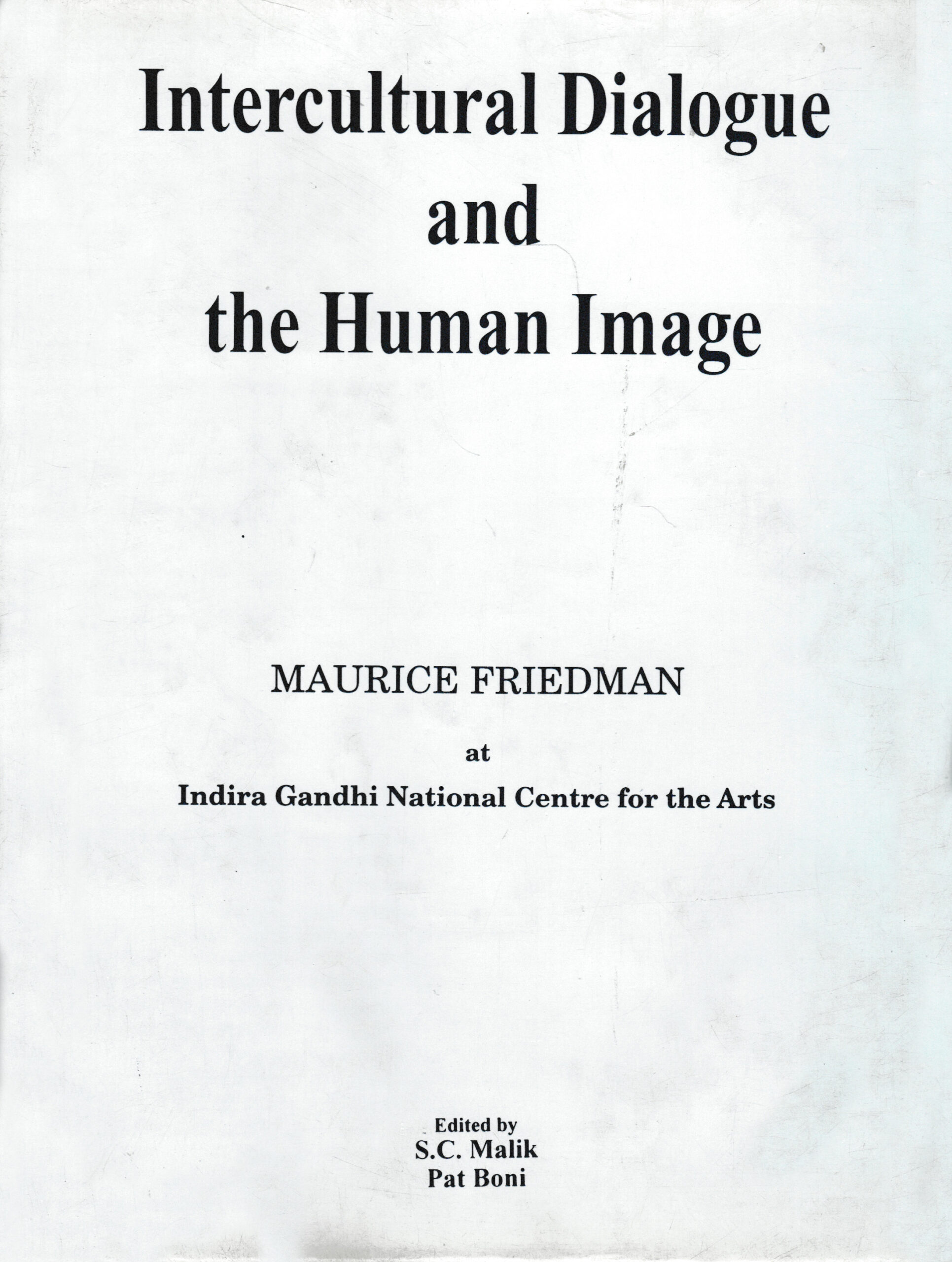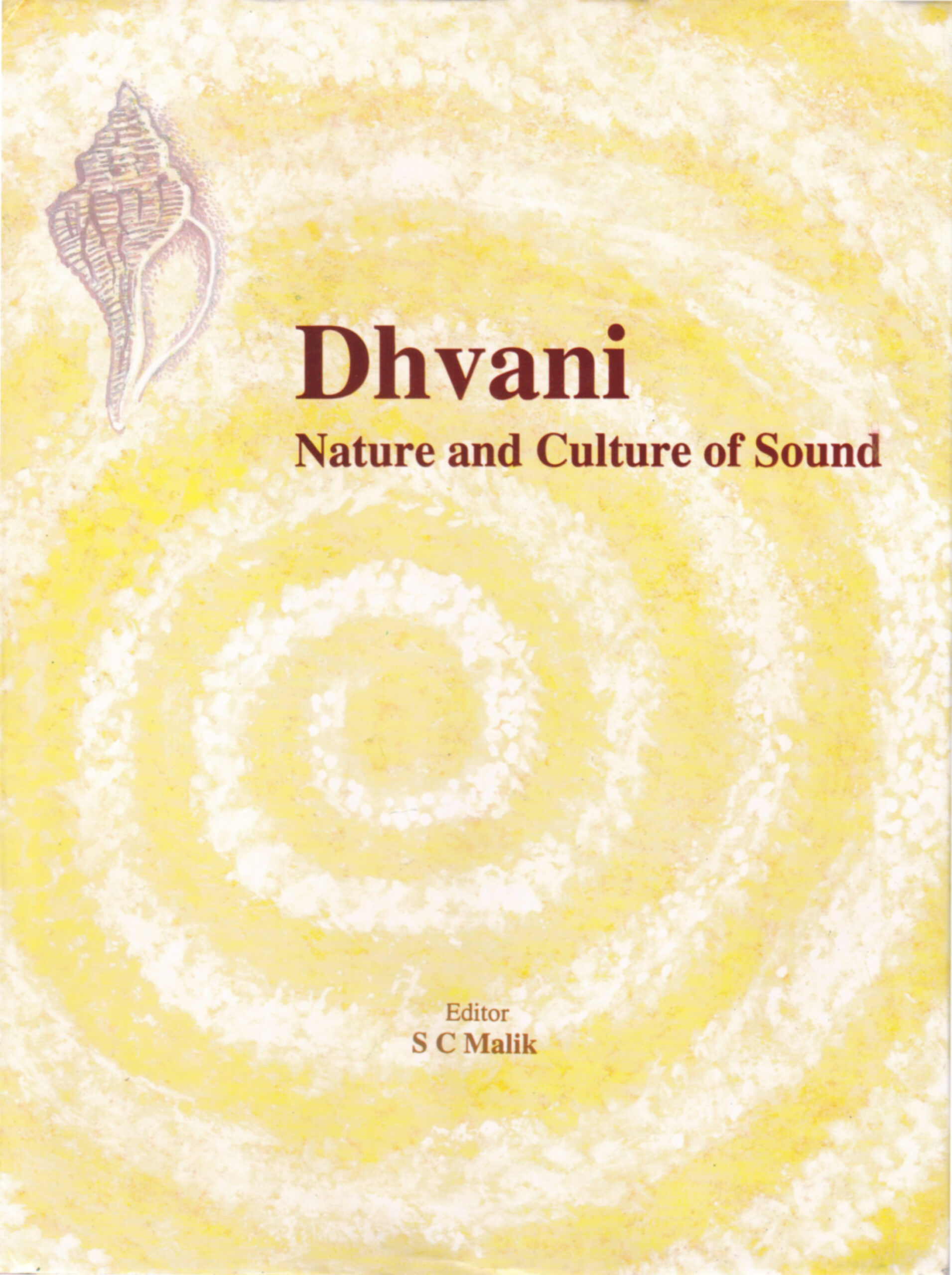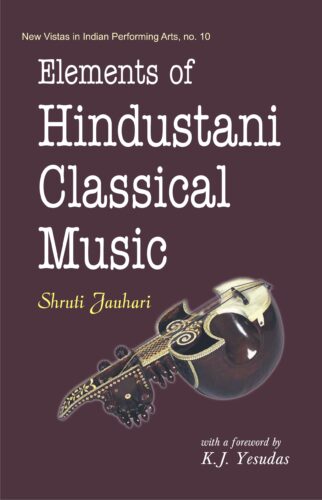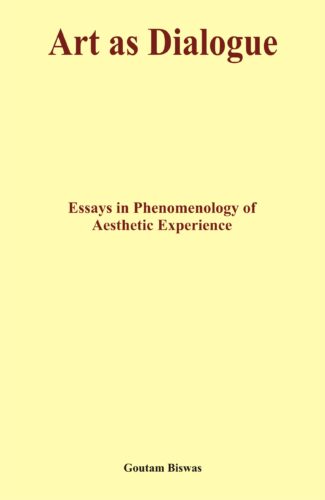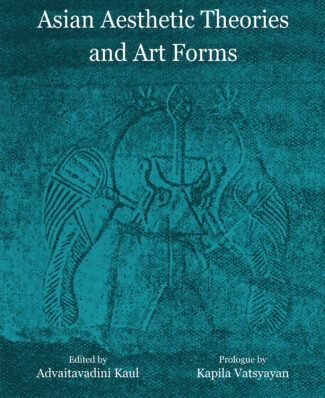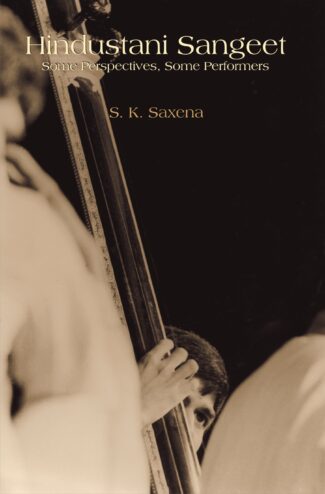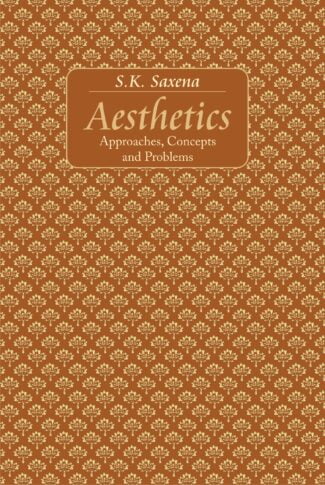

Intercultural Dialog...
Intercultural Dialogue and the Human Image
Maurice Friedman at Indira Gandhi National Centre for the Arts by: Subhash Chandra Malik , Pat BoniThis book incorporates Prof. Friedmans lectures and discussions that were a part of the Inter-Cultural Dialogue at many levels. His major contribution is in developing an approach that is within the framework of the human image.
Original price was: ₹600.00.₹540.00Current price is: ₹540.00.
ISBN: 9788124600443
Year Of Publication: 1995
Edition: 1st
Pages : xiv, 299
Language : English
Binding : Hardcover
Publisher: D.K. Printworld Pvt. Ltd.
Size: 25 cm.
Weight: 900
This book, with a foreword by Dr. Kapila Vatsyayan, incorporates Prof. Maurice Friedmans lectures, discussions and exchanges which took place in the Intercultural Dialogue at many levels. The integral dialogical approach of Prof. Friedman within the framework of the human image, coincides with the holistic vision of the ongoing work at the IGNCA. Prof. Friedmans major contribution in philosophy is in providing continuity to the new dialogical trend of thought. There was a time when philosophy was conceived as purely thought-oriented, self-oriented, and too far removed from the existential, natural order of human existence. The image of man that emerged from this abstraction was also a conceptual I. The new trend, gives priority to existence, experience, and an image of the human that precedes and develops through every type of personal encounter we have with the other. This experiential framework gives an orientation to philosophical anthropology, philosophy of art, philosophy of social sciences, philosophy of religion and moral philosophy. It rejects the distinction between first order and second order level and sees thought and reflection as in the process of existential becoming of the human. Professor Friedmans original contribution to philosophy may be indicated at different levels: 1) Developing a complete yet open-ended dialogical framework by pointing to the image of the human as central; 2) Bringing out, in a thoroughgoing way, the implications of the image of man for moral philosophy. This existential ethics, which is different from Sartre, is of great significance in our times; 3) Suggesting a new philosophy of literature by stressing the human image as a direction and not as an ideal in the literary works of Aldous Huxley, T.S.Eliot, Hermann Hesse; and, 4) Pointing to the important dimension of dialogical psychotherapy where the relationship between the therapist and the client is central; and, it is this meeting alone which may heal the atrophied personal center.
Foreword
Preface
Introduction
Maurice Stanley Friedman
Part I
Maurice Friedmans Lectures and Discussions
1. Martin Bubers Philosophical Anthropology
2. Dialogical Psychotherapy
3. The Dialogue of Touchstones!
4. Restoring Relational Trust : The Confirmation of Otherness in Family, Community and Society
Part II
Aleene Friedmans Lecture and Discussions
5. The Healing Partnership : Biofeedback Pain Therapy
Part III
Dialogue and the Human Image
A Two-Day Discussion Seminar
6. Dialogue and the Human Image : Maurice Friedman
7. Dialogue
Part IV
Conclusion
8. Intercultural Dialogue : Meeting or Mismeeting
Participants
Index



